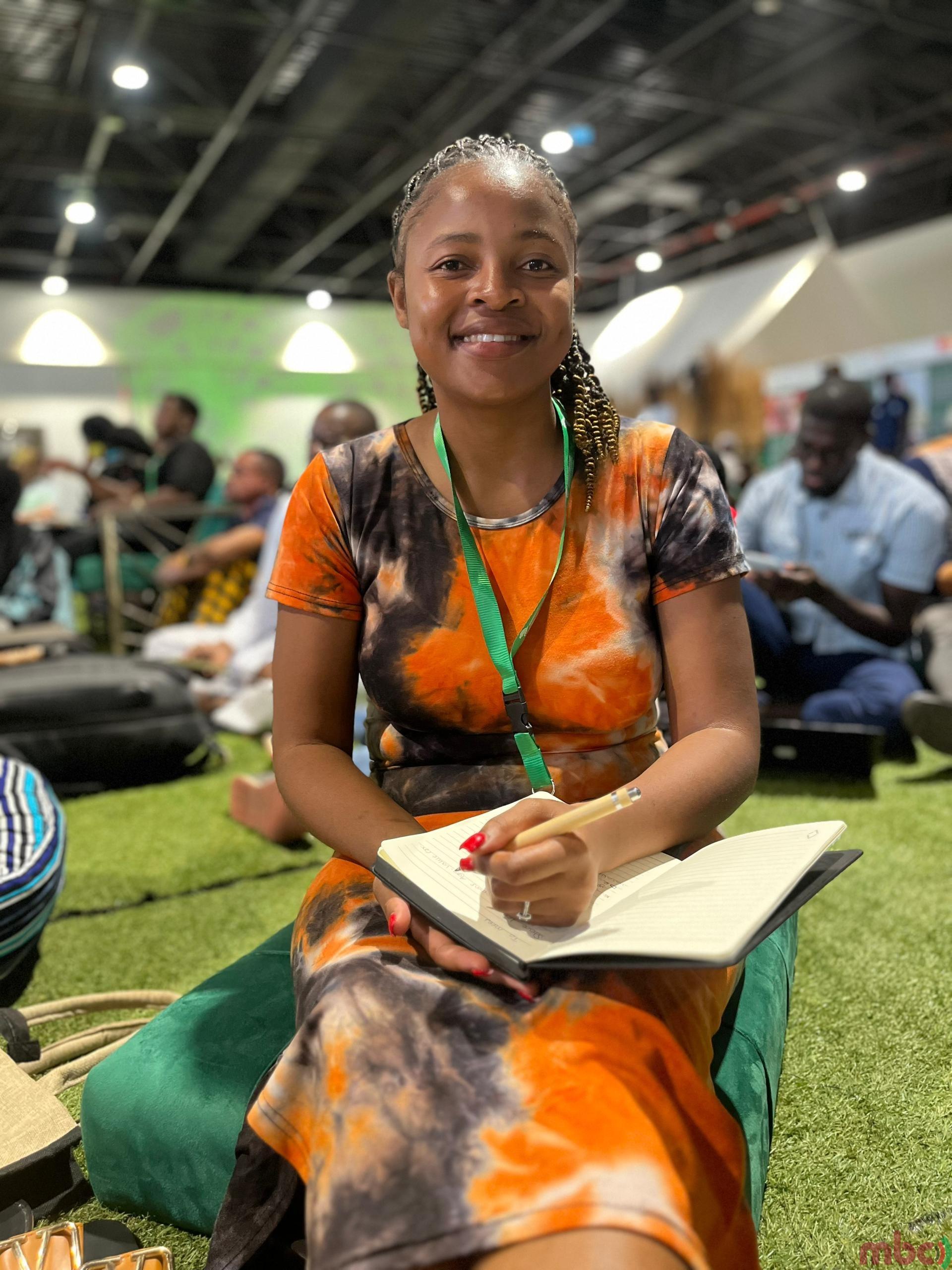By McDonald Chiwayula
Copyright mbc

Amid the bustle of Dakar, where Africa’s leading thinkers and practitioners in agriculture gathered for the Africa Food Systems Forum 2025 (AFSF25), one Malawian voice resonated with energy and purpose. That voice was Grace Mwale, a young agripreneur whose work is steadily redefining the future of farming in Malawi.
For Mwale, the opportunity to share her ideas on such a continental stage was both inspiring and affirming.
“AFSF25 gave me the chance to engage with policymakers, private sector players, and fellow entrepreneurs. It reminded me that Africa’s journey towards food security depends on innovation, collaboration and inclusive policies,” reflected Mwale.
From fellowship to forum spotlight
Mwale’s road to Dakar started with her selection as part of the Lead(H)er Fellowship’s fourth cohort, a recognition of her outstanding efforts through the Sow Empowerment Initiative and Sow Farms. Both ventures focus on empowering women and young people while promoting agribusiness.
Her innovative approach to piggery, integrating value addition, waste-to-biogas technology, and a pig pass-on scheme was particularly well received at the forum. This model is proving that farming can be sustainable, climate-conscious, and economically transformative.
Memorable moments
The week-long forum was filled with dialogue, debates, and showcases, but for Mwale several moments stood out:
-Building networks with leaders from governments, civil society and the private sector.
-Earning recognition in a continental nutrition quiz, underscoring her expertise and passion.
-Carrying Malawi’s flag before peers from across Africa, demonstrating how youth-led agribusiness can drive meaningful change.
Reflecting on the lessons learnt, Mwale emphasised the importance of giving women and young people a central role in agricultural policy and practice.
“Innovation will not happen on the sidelines. It must include the voices of youth and women if Africa is to achieve sustainable food security,” said Mwale.
Tackling youth unemployment
Mwale’s work is especially relevant given the employment crisis facing young Malawians. Official statistics show that the country’s youth unemployment rate (ages 15–24) was 6.76% in 2023, a slight decline from 2022. Yet surveys paint a grimmer picture, with more than half of young Malawians reporting that they were jobless and actively seeking opportunities.
These figures reveal a deeper challenge: while some work exists, much of it is informal, unstable, or poorly paid. Mwale’s initiatives speak directly to this gap by providing skills, livelihoods, and dignity through agriculture.
Inspiring a generation
Speaking during a brief stopover in Addis Ababa on her way back to Malawi, Mwale said her mission is to change how young people view farming.
“Through Sow Farms and Sow Empowerment Initiative, I have shown that agriculture can be more than subsistence it can be a source of real opportunity,” explained Mwale.
Her efforts have already attracted allies. The CAADP Non-State Actors Group (CNG), which brings together farmers’ organisations, NGOs, civil society and the private sector, has signalled readiness to welcome her into its fold. Leaders such as Tiwonge Gondwe of the Africa Kilimanjaro Women Farmers Forum (AKIWOFF) have pledged to mentor her and ensure she takes her place at continental decision-making tables.
A bright future ahead
Mwale’s story is one of vision, resilience, and leadership. At just one forum, she showed how Malawian youth are already shaping the solutions to Africa’s food security challenges.
As she returns home, she brings with her new partnerships and renewed determination, along with the hopes of many young Malawians who see in her journey a message of possibility: Africa’s food systems will be rebuilt by the bold, the innovative, and the inclusive.
#MBCDigital



